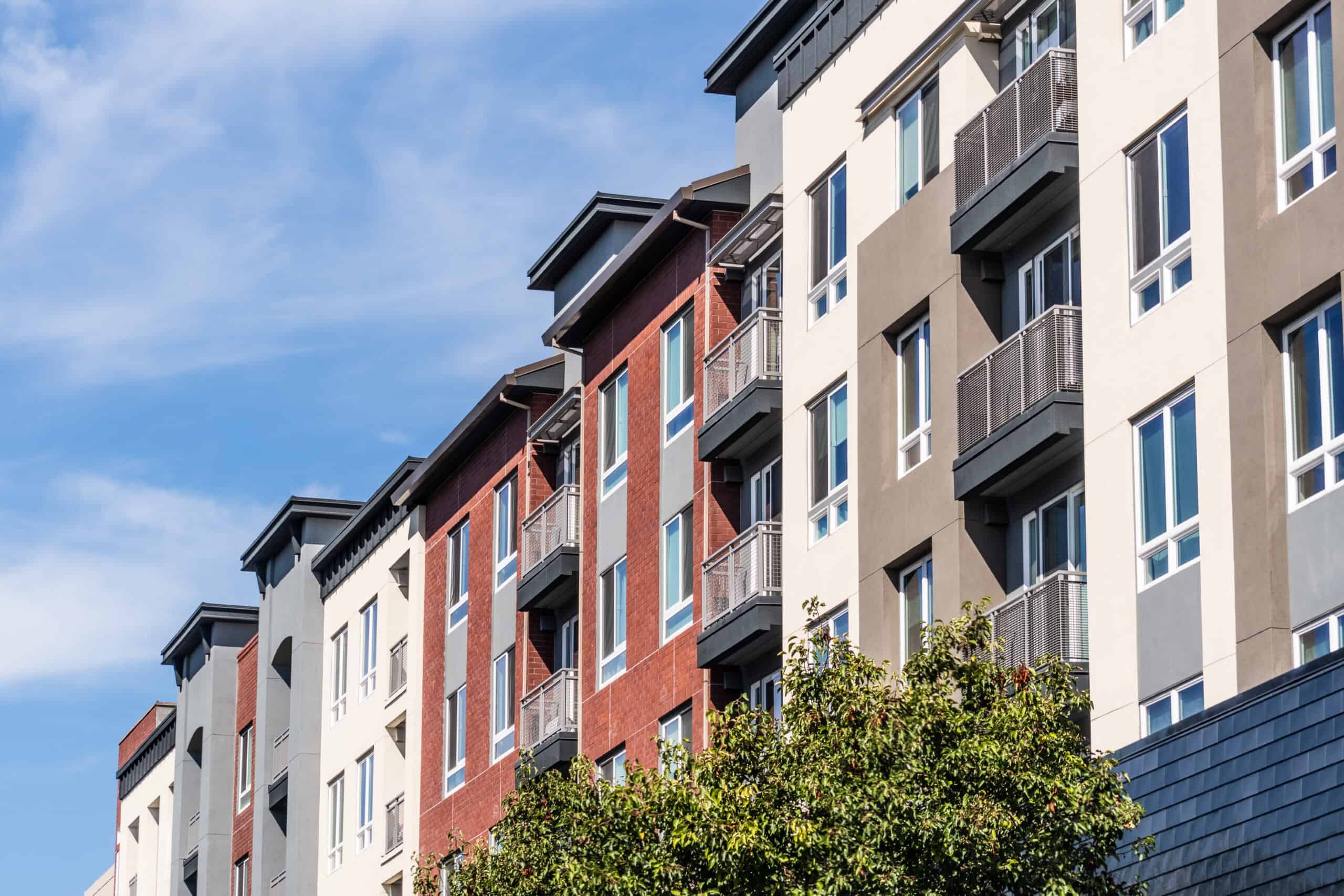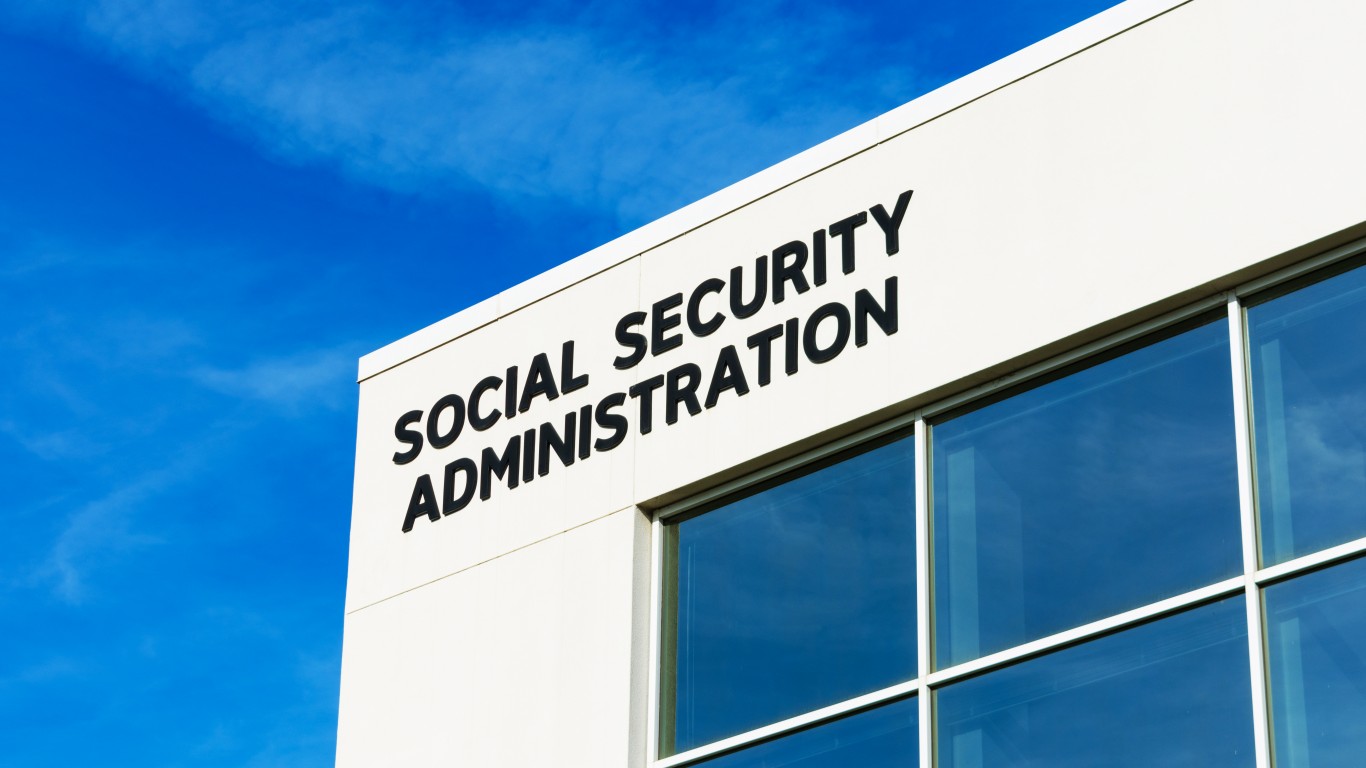Investing
Social Security Administration Stops Punishing Americans Who Need Extra Help

Published:

Navigating the world of benefits programs can feel like trying to decipher a secret decoder ring. If you need a helping hand to make ends meet, you may be surprised to find out that getting help might actually stop you from getting help. (That’s more than a bit confusing!)
Yet, that’s the exact situation many people with disabilities or limited resources found themselves in with Supplement Security Income (SSI). SSI provides a lifeline for many, offering monthly payments for basic needs like rent, food, and medicine. You can read our Social Security guide for more information on how this program works.
For a while, if you lived in the wrong state and received help to pay for your rent, it could actually hurt your chances of getting SSI or even lead to decreased benefits.
Thankfully, the Social Security Administration just took a big step toward fairness!

Here’s the good news! The SSA has finally decided to ditch the location lottery for its rental subsidy policy. This means that starting September 30th, 2024, it won’t matter where you live in the US.
Renting below market rate (like getting an apartment at a discount or being grandfathered in at a lower rate after a rent increase) won’t affect your chances of getting SSI or the amount of money you receive.
That’s a big deal because, previously, the SSA considered certain types of rental assistance as “income,” which would affect your overall SSI benefit or even disqualify you completely! It wasn’t a fair system, especially for people with limited resources.
You can read the full rule change in the Federal Register: Expansion of the Rental Subsidy Policy for Supplemental Security Income (SSI) Applicants and Recipients.

This may seem like a small rule change, but it can have a big impact on those who are receiving SSI (or want to receive SSI).
This nationwide expansion of the rental subsidy program opens the door wider for people who may qualify for SSI benefits. Here’s how it makes things easier:
The new policy affects not only who qualifies for SSI but also how much money you can expect to receive! Therefore, those with SSI who benefit from rental assistance may see a bump in their monthly payments as the new rule is implemented.
These SSI recipients will have their benefits recalculated. If you fall in this category, expect to see the change in October.
When the most at-risk portion of the population is cared for better, it can benefit society. It creates a bit of a ripple effect:

While the potential impact is very broad, we still don’t know much about this SSI rule change. We can make predictions all day, but the impact will take some time to fully understand.
Exactly how many additional people might be eligible for SSI due to this rule change is a guessing game. The SSA estimates that the number of people will increase, but the real number isn’t known – and won’t be known for several months or years.
Expanding the program also comes with a price tag. There will be more individuals receiving SSI, and the checks may increase. We don’t know the actual price tag, though.
These are just some of the things we’ll be watching for as the new policy rolls out. However, one thing’s certain: this change represents a significant step towards a fairer SSI program.
If you’re one of the over 4 Million Americans set to retire this year, you may want to pay attention.
Finding a financial advisor who puts your interest first can be the difference between a rich retirement and barely getting by, and today it’s easier than ever. SmartAsset’s free tool matches you with up to three fiduciary financial advisors that serve your area in minutes. Each advisor has been carefully vetted, and must act in your best interests. Start your search now.
Don’t waste another minute; get started right here and help your retirement dreams become a retirement reality.
Thank you for reading! Have some feedback for us?
Contact the 24/7 Wall St. editorial team.